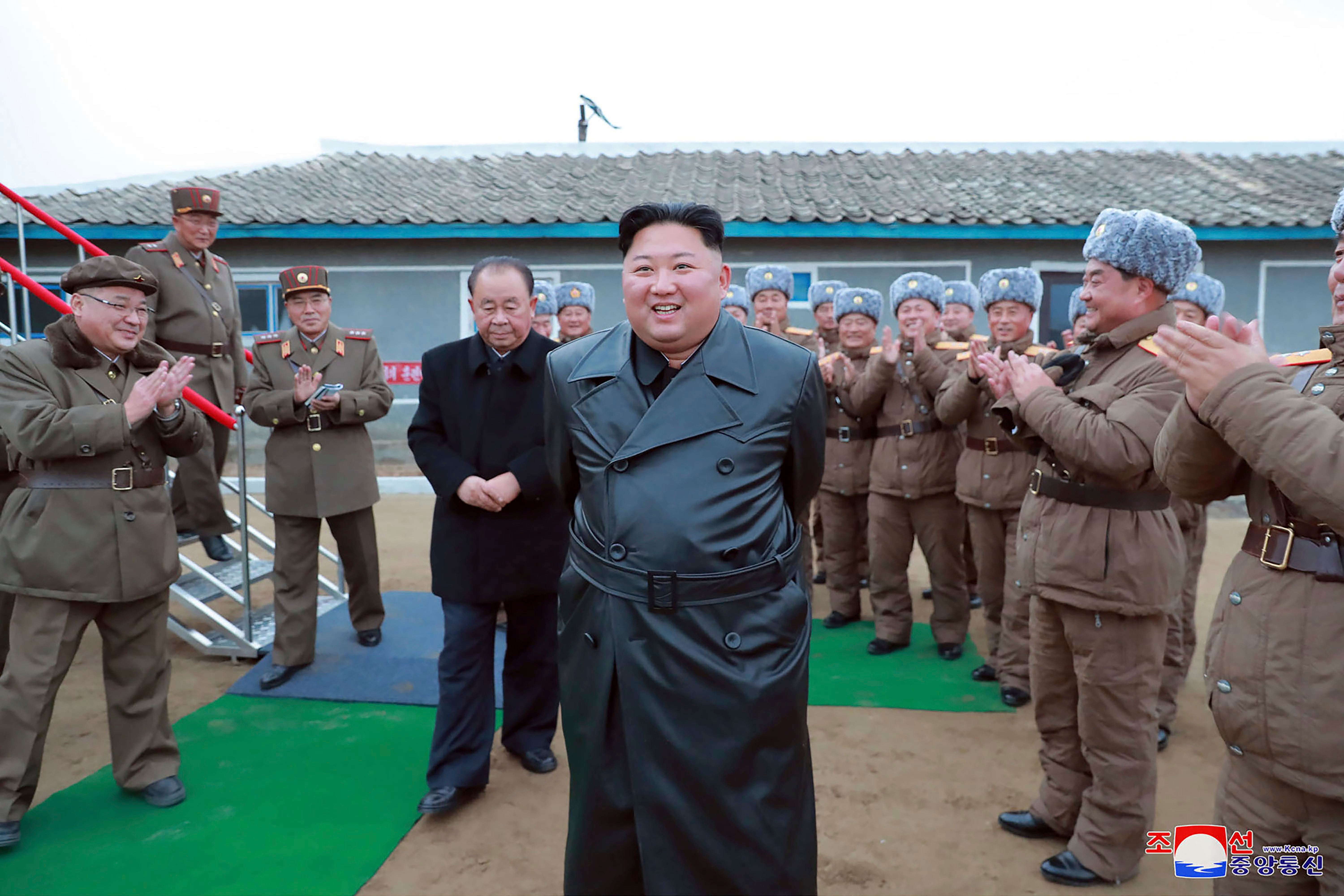In pictures: Kim Jong Un's decade of total but isolated rule

Your support helps us to tell the story
From reproductive rights to climate change to Big Tech, The Independent is on the ground when the story is developing. Whether it's investigating the financials of Elon Musk's pro-Trump PAC or producing our latest documentary, 'The A Word', which shines a light on the American women fighting for reproductive rights, we know how important it is to parse out the facts from the messaging.
At such a critical moment in US history, we need reporters on the ground. Your donation allows us to keep sending journalists to speak to both sides of the story.
The Independent is trusted by Americans across the entire political spectrum. And unlike many other quality news outlets, we choose not to lock Americans out of our reporting and analysis with paywalls. We believe quality journalism should be available to everyone, paid for by those who can afford it.
Your support makes all the difference.Since assuming power 10 years ago, North Korean leader Kim Jong Un has ruled the isolated country with absolute power, significantly expanded its nuclear arsenal and become the North’s first ruler to hold a summit with a sitting U.S. president.
But now, he’s hunkering down and struggling to revive a dilapidated economy battered hard by pandemic-related border shutdowns, toughened U.N. sanctions and mismanagement.
When he inherited power upon the death of his father and longtime ruler Kim Jong Il there were questions about the future of North Korea. Little was known about the then-27-year-old son who was taking his family’s dynastic rule into a third generation. But Kim Jong Un quickly consolidated his power by orchestrating a spate of brutal purges and executions that removed his potential rivals including his own powerful uncle.
With a firm grip on power, Kim has carried on his family’s nuclear ambitions and diverted much of his country’s scarce resources toward programs to build nuclear-tipped missiles capable of reaching the U.S. mainland. His provocative run of nuclear and missile tests in 2016-17 placed North Korea a step closer to its goal of possessing such functioning intercontinental ballistic missiles, but they also led North Korea to face stricter U.N. sanctions and deepened international isolation.
Entering 2018, Kim abruptly took conciliatory gestures by sending a delegation to the Winter Olympics held in rival South Korea and telling visiting South Korean envoys that he was willing to place his nuclear program on the negotiating table. Some critics accused Kim of just trying to weaken the sanctions, buy time and perfect his weapons program, but then-U.S. President Donald Trump accepted Kim’s offers for unprecedented summit talks between the leaders of the two countries.
In 2018-19, Kim met Trump three times and held summits with other world leaders including South Korean President Moon Jae-in Chinese President Xi Jinping and Russian President Vladimir Putin. These meetings gave Kim the diplomatic legitimacy that his government had long desired.
The high-stakes nuclear diplomacy triggered a rare mood of rapprochement on the Korean Peninsula, such as athletes from the rival Koreas marching together during the Olympics’ opening ceremony and their singers performing in each other’s territory. North Korea also demolished its nuclear test site and released American detainees, while the U.S. and South Korean militaries suspended or canceled some of their regular drills.
But such moves were short-lived, as the Kim-Trump diplomacy eventually collapsed in 2019 due to wrangling over the sanctions.
Since early last year, Kim has largely shut his country’s borders as part of draconian anti-virus measures that experts say are taking a heavy toll on his country’s already troubled economy. He called ongoing difficulties “the worst-ever” and compared them with a 1990s famine that killed hundreds of thousands.
But there are no signs that Kim will return to talks with the United States anytime soon. Instead, he has repeatedly warned he will bolster his nuclear and missile arsenals unless Washington drops its hostility against Pyongyang.